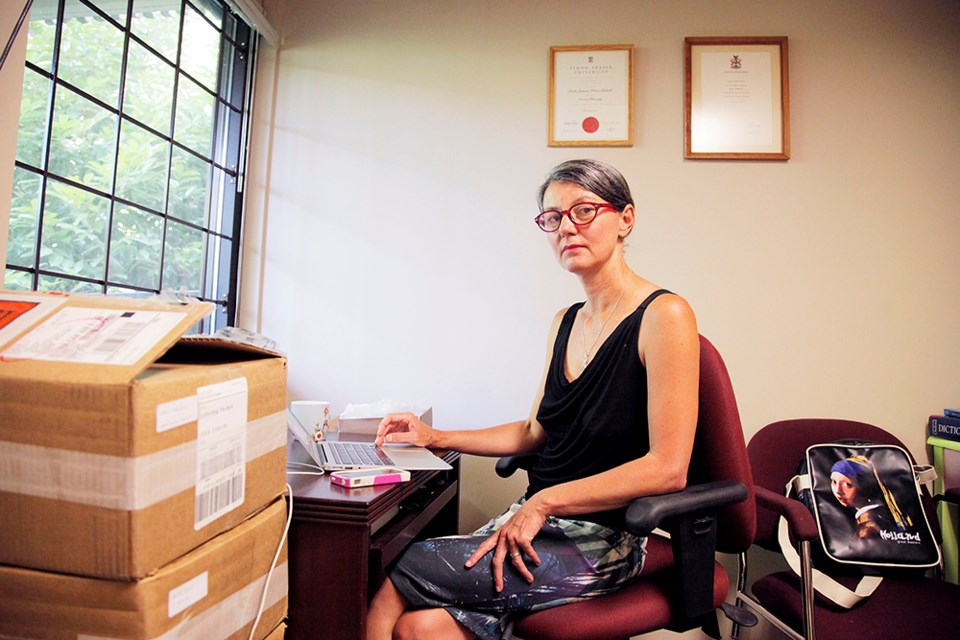(We are not using her son's real name since he's a minor.)
The crisis, as Burnaby's Gerda Wever calls it, started this past February with a phone call.
It was a youth worker from her youngest son's high school, and Wever was told to come down immediately.
When she arrived, her son was in shambles.
"He was crying, he was very scared," she recalls.
K was addicted to heroin. He had been using for about two years - since he was 15 - and he was using needles.
Immediately, Wever sprung into crisis mode.
"I said, 'K, We'll deal with this. We'll get you help,'" she recalls.
Heroin wasn't the only thing K, was struggling with. The summer before, he had had a mental breakdown, and the addiction was making things worse.
Getting help for a teenager with a mental illness and a drug addiction proved more difficult than she could have imagined.
Wever had learned the best solution for concurrent disorders was to treat both the mental illness and the addiction at the same time.
Yet, in her experience, drug rehabilitation centres don't want to deal with mental illness, and places that treat mental illness don't want to deal with addiction.
K was in and out of rehab for the first few months, but nothing seemed to work.
While attempting to detox, K was writhing in constant discomfort and pain. Wever was there with epsom salt baths at 2 a.m., massages - anything to try and make him comfortable in his own skin.
Of course, she still felt terrified and powerless. There were times she was afraid to go into his room - she didn't want to find him dead.
"I actually learned what to do in case of an overdose," she says.
It wasn't until a couple of months ago, when K started taking methadone and was admitted to the Provincial Youth Concurrent Disorders Program at the Children's Hospital, that he started a healthy path to recovery, and Wever has supports him along the way.
As for the mental illness, Wever's still waiting for a diagnosis, but she suspects it's either obsessive-compulsive disorder or anxiety or both.
Dealing with K has made Wever an advocate for youth with concurrent disorders. She's decided to use her business, a small, local editing and publishing company called The Write Room, to launch the PARCY Foundation.
Her goal is to raise awareness about concurrent disorders and raise money to support research. She also hopes to start a scholarship and award for three Burnaby students struggling with concurrent disorders.
Wever's son has been clean for more than 30 days, and she's ready to "come out of the closet" and speak openly about concurrent disorders.
"It has been really difficult to talk about, but I don't want to contribute to the stigma," she says. "My main objective of the foundation has to be increasing understanding and compassion."
She also has advice for other parents: never stop talking to your child, and never stop saying I love you.
For more on her foundation, go to thewriteroom.net and click on The Parcy Foundation.



